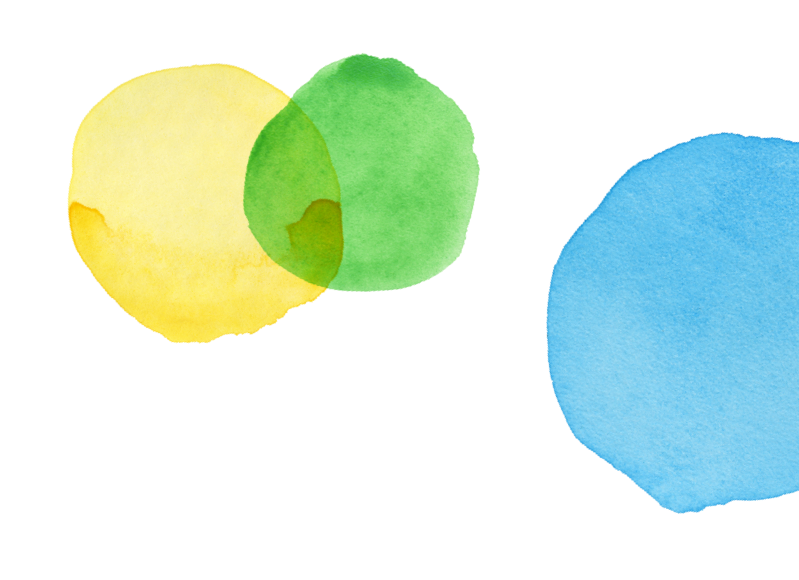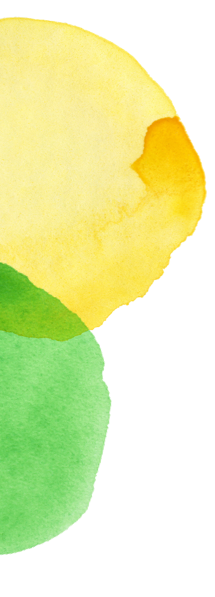Grade 5 - Claim 1 - Target K

 Back to Results
Back to ResultsMathematics
Target K
Classify two-dimensional figures into categories based on their properties
Sample Item
Grade 5Test
Claim 1
Concepts and Procedures
Standards
G-3
Understand that attributes belonging to a category of two-dimensional figures also belong to all subcategories of...
G-4
Classify two-dimensional figures in a hierarchy based on properties.
Clarifications
Tasks for this target ask students to classify two-dimensional figures based on a hierarchy. Technology-enhanced items may be used to construct a hierarchy, or tasks may ask the student to select all classifications that...
Range Achievement Level Descriptors
Evidence Required
1
The student classifies two-dimensional figures into categories and/or subcategories based on their properties.
Item Guidelines

Depth of Knowledge
M-DOK2
Skill/Concept includes the engagement of some mental processing beyond a habitual response. A Level 2 assessment item requires students to make some decisions as to how to approach the problem or activity, whereas Level 1 requires students to demonstrate a...
Allowable Item Types
- Matching Tables
Allowable Stimulus Materials
grid, two-dimensional figures, points, lines, line segments, angles
Key/Construct Relevant Vocabulary
right, acute, obtuse, line segments, parallel, perpendicular, symmetrical, line of symmetry
Allowable Tools
For some items rulers and/or protractors may be used.
Target-Specific Attributes
Two-dimensional figures can have up to 10 sides.
Accessibility
Item writers should consider the following Language and Visual Element/Design guidelines [1] when developing items. Language Key Considerations: Use simple, clear, and easy-to-understand language needed to assess the construct or aid in the understanding of the...
Development Notes
Classifying two-dimensional figures in a hierarchy based on an analysis of the relationship between properties of categories and subcategories will be assessed in Claim 3. Determining if a shape “is always,” “is sometimes,” or “is...


Task Models
Task Model 1a

Item Types
Matching TablesDepth of Knowledge
M-DOK2Standards
G-3
Target Evidence Statement
The student classifies two-dimensional figures into categories and/or subcategories based on their properties.
Allowable Tools
None
Accessibility Note
Either identify the polygons by name or by properties.
Task Description
Prompt Feature: The student is prompted to classify two-dimensional figures into categories/subcategories based on their properties. Stimulus Guidelines: Two-dimensional figures can have up to 10 sides. Shapes may include rhombus, rectangle, square, kite, triangle, quadrilateral, parallelogram, pentagon,...
Stimulus
The student is presented with the name of a category/subcategory of shapes and one descriptive property of that category/subcategory.
Example 1
Example Stem: All parallelograms have two pairs of opposite, parallel, equal-length sides.
Decide if each polygon shown is also a parallelogram. Select Yes or No for each polygon.

Rubric: (1 point) The student correctly identifies if the given polygon is a parallelogram for all answer choices (e.g., Y, N, Y).

